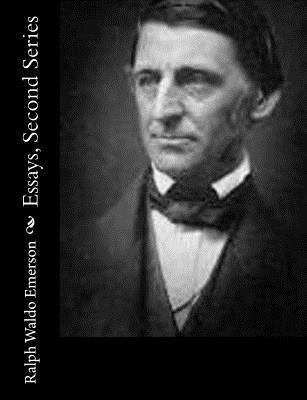All Formats & Editions
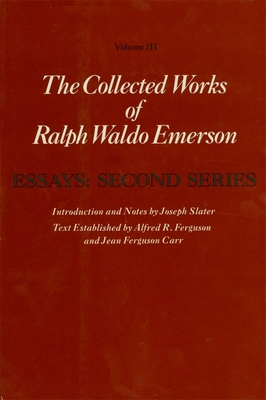
Collected Works of Ralph Waldo Emerson
Ralph Waldo Emerson's second collection of essays appeared in 1844, when he was forty-one. It includes eight essays--"The Poet," "Experience," "Character," "Manners," "Gifts," "Nature," "Politics," and "Nominalist and Realist"--and one address, the much misunderstood "New...

Essays: Second Series
The present edition is a verbatim reproduction of Emerson's "Essays: Second Series", first published in 1844. These 12 essays, along with his "First Series," represent the core of Emerson's thinking, and the heart of Transcendentalism.Essays included are: "The Poet," "Experience,"...
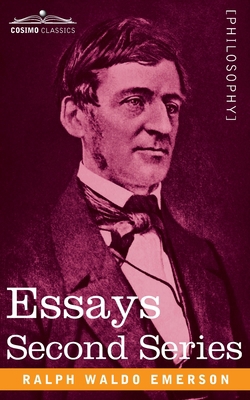
Essays: Second Series
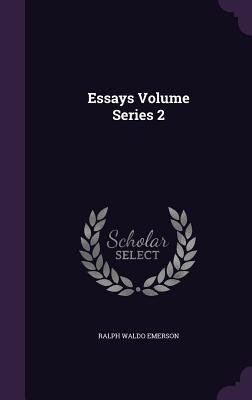
Essays Volume Series 2
This work has been selected by scholars as being culturally important, and is part of the knowledge base of civilization as we know it. This work was reproduced from the original artifact, and remains as true to the original work as possible. Therefore, you will see the original...
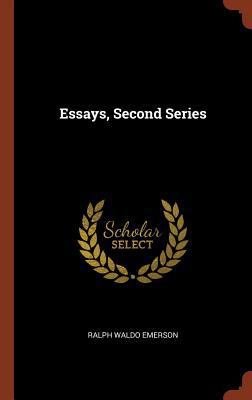
Essays, Second Series
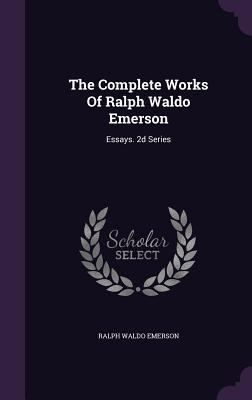
The Complete Works Of Ralph Waldo Emerson: Essa...
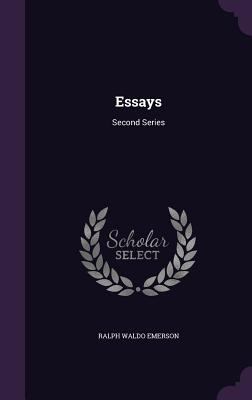
Essays: Second Series
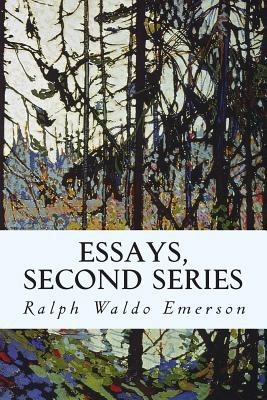
Essays, Second Series
Essays, Second Series is a classic collection of philosophy essays by Ralph Waldo Emerson. The great majority of men seem to be minors, who have not yet come into possession of their own, or mutes, who cannot report the conversation they have had with nature. There is no man...
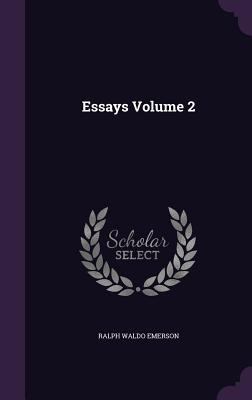
Essays Volume 2
This work has been selected by scholars as being culturally important, and is part of the knowledge base of civilization as we know it. This work was reproduced from the original artifact, and remains as true to the original work as possible. Therefore, you will see the original...
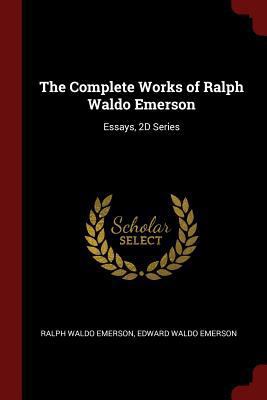
The Complete Works of Ralph Waldo Emerson: Essa...
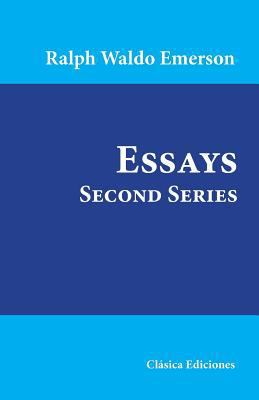
Essays: Second Series
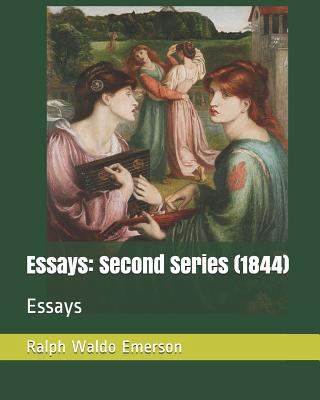
Essays: Second Series (1844): Essays
Essays: Second Series is a series of essays written by Ralph Waldo Emerson in 1844, concerning transcendentalism. It is the second volume of Emerson's Essays, the first being Essays: First Series. This book contains: "The Poet""Experience""Character""Manners""Gifts""Nature""Politics""Nominalist...
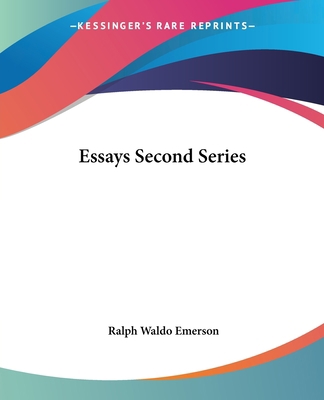
Essays Second Series
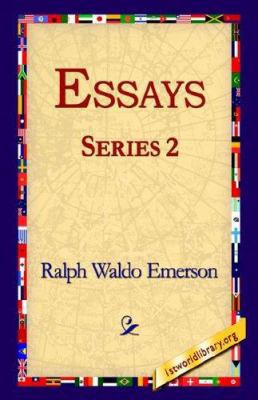
Essays Series 2
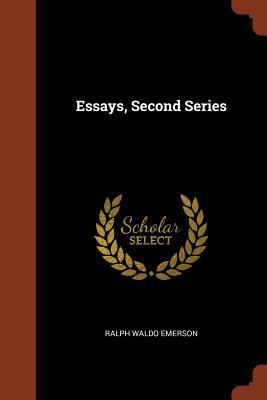
Essays, Second Series
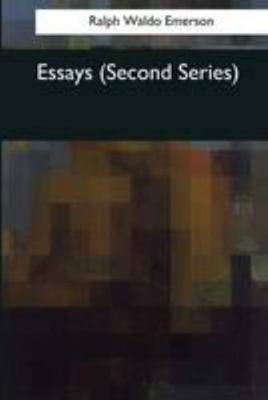
Essays: Second Series
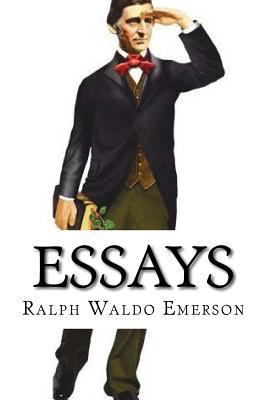
Essays (Second Series)
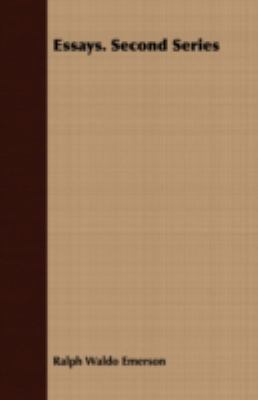
Essays. Second Series
If I have described life as a flux of moods, I must now add that there is that in us which changes not and which ranks all sensations and states of mind. The consciousness in each man is a sliding scale, which identifies him now with the First Cause, and now with the flesh of...
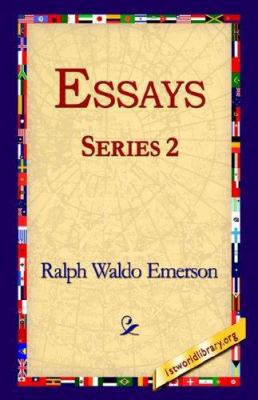
Essays Series 2
![Essays: Second Series [No linguistic content] 1147180989 Book Cover](https://i.thriftbooks.com/api/imagehandler/l/3D818E0C5E2E9AB533BDCEF49CC82A159B6DB2A1.jpeg)
Essays: Second Series [No linguistic content]
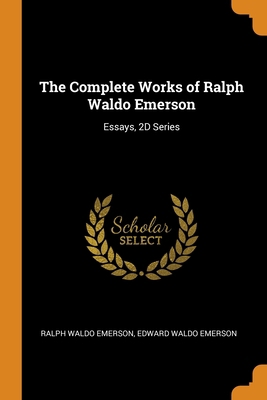
The Complete Works of Ralph Waldo Emerson: Essa...

ESSAYS SECOND SERIES

The Complete Works of Ralph Waldo Emerson: Essa...

Emerson's Complete Works: Essays. 2D Series
This work has been selected by scholars as being culturally important, and is part of the knowledge base of civilization as we know it. This work is in the "public domain in the United States of America, and possibly other nations. Within the United States, you may freely...
